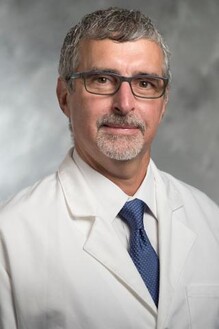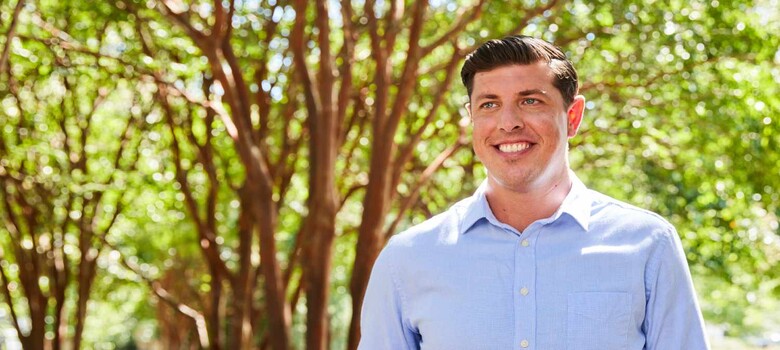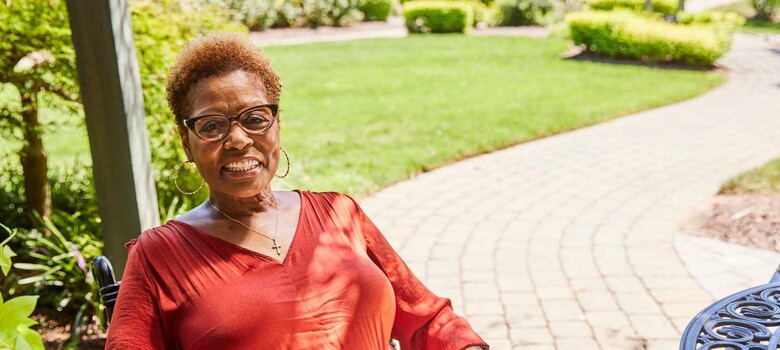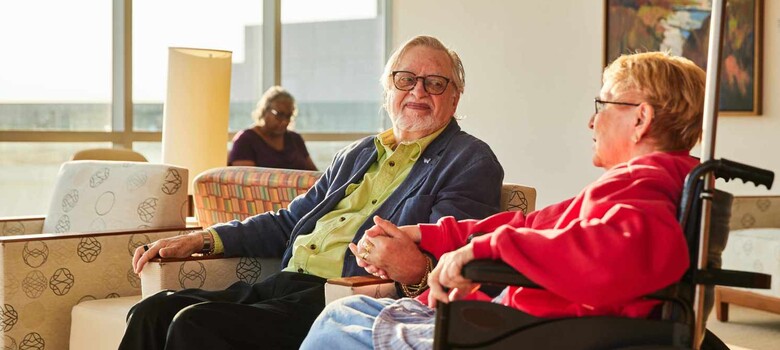Raleigh Women Credits Her Cancer Treatment at Duke for Saving Her Life
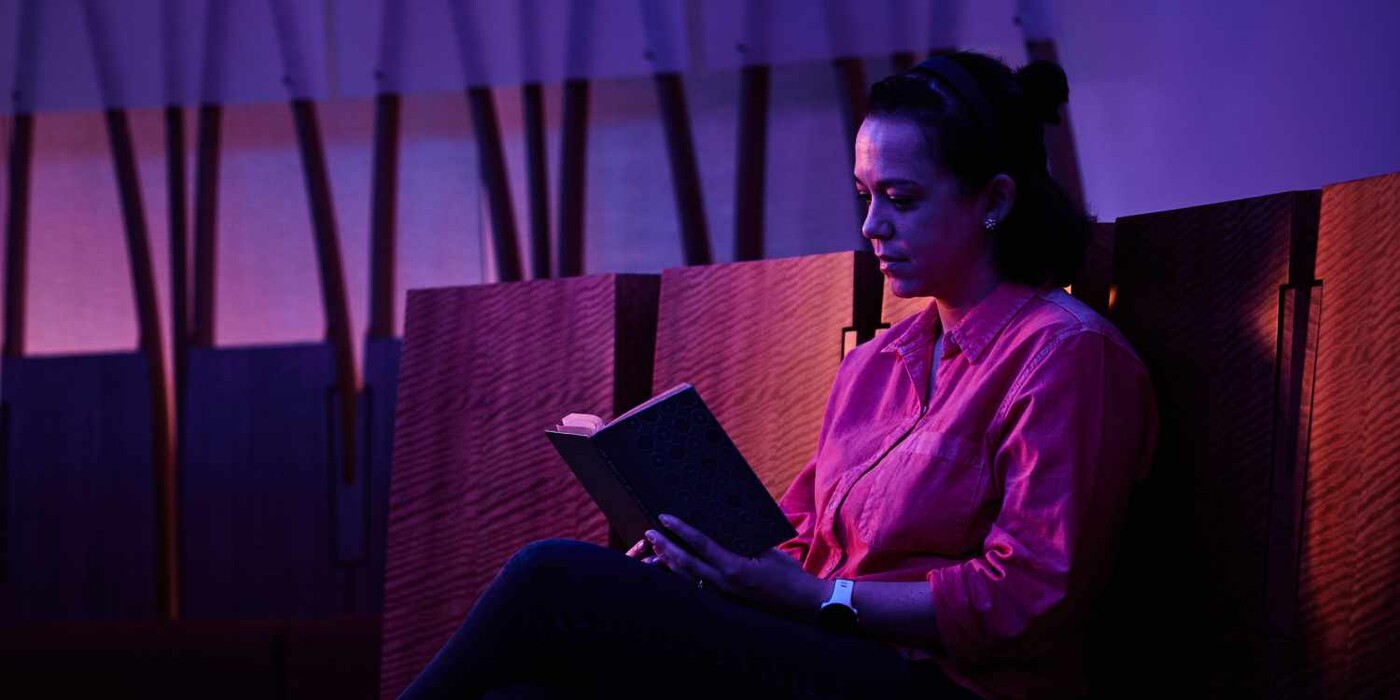
Alexa Baltazar sits in the Quiet Room at Duke Cancer Center in Durham.
Alexa Baltazar was 28 years old when she was diagnosed with acute lymphoblastic leukemia, a quick-spreading cancer of the blood. Born and raised in Raleigh, she knew she’d receive the best care for her cancer at Duke Health. Now at age 30, she’s cancer free.
Emergency Room Visit Leads to Leukemia Diagnosis
Baltazar was newly married, enjoying frequent travel, and had just become a first-time homeowner when she noticed persistent bruising and felt lightheaded. She went to the emergency room where she was told she had leukemia. “I was in disbelief,” said Baltazar. “I was so healthy – I don’t smoke, I eat healthy, and I exercise. I was really scared.”
An avid Tar Heel fan, Baltazar put rivalries aside to seek care at Duke. “Duke has the resources and doctors at the forefront of cancer research,” she said. In fact, she recalled finding published research by her primary oncologist, Harry P Erba, MD, when searching for information about her cancer. “Knowing that my medical team is on the forefront of innovation really put me at ease,” she said.
Hear more from Baltazar about her cancer journey at Duke.
Bone Marrow Transplant Increases Likelihood of Cancer Remission
Because her cancer was so aggressive, Baltazar underwent chemotherapy to destroy the cancer cells. When her doctors recommended a bone marrow transplant, she was fortunate that her sister was a perfect match. According to Duke stem cell transplant specialist Mitchell E. Horwitz, MD, sibling matches only happen 25 percent of the time.
“Her leukemia had features that made it more likely to come back,” Dr. Horwitz explained. “We did the stem cell transplant, which replaces her blood and eliminates any remaining cancer cells.” Having her sister as her bone marrow donor further increased the likelihood that her cancer would be cured. It also meant she “wouldn't have as many dangerous side effects compared to somebody who didn't have a perfect match,” Baltazar explained.
Recovering from the transplant wasn’t easy. “It's a big shock to the body,” said Dr. Horwitz. “We had to completely reset and then reconstitute her immune system.” Baltazar had daily check-ups, transfusions, and tests in the months that followed. Eventually she grew stronger and started enjoying simple pleasures, such as driving and walking outside without a mask. “Having those little freedoms back in my life really made me appreciative of them,” she said.
Cancer Free and Enjoying Life
Today, Baltazar is cancer-free, back at work, and traveling with friends and her husband. She is thankful for her team at Duke and she credits the quick and personalized care she received for saving her life. “When you're diagnosed with cancer, time is of the essence,” she said. “To know that you can be seen within 48 hours really puts you at ease. Your medical team can quickly figure out a plan for you so your cancer will be treated.”
